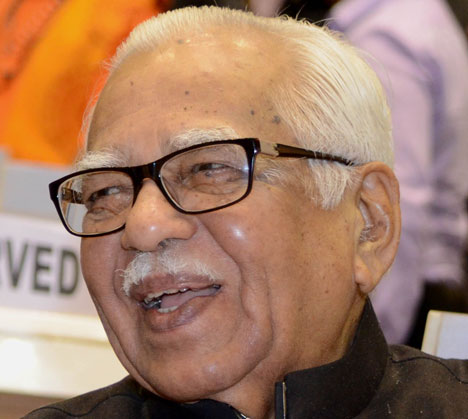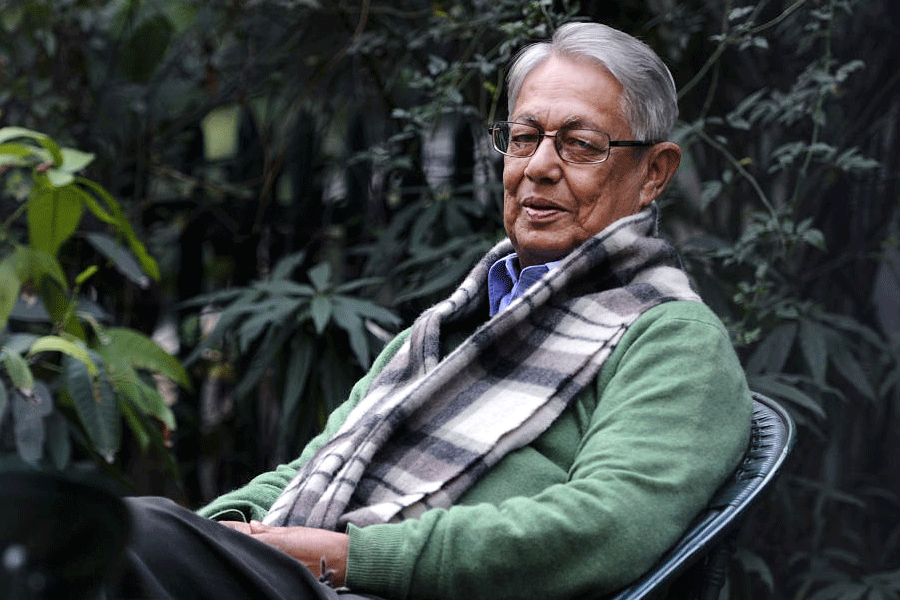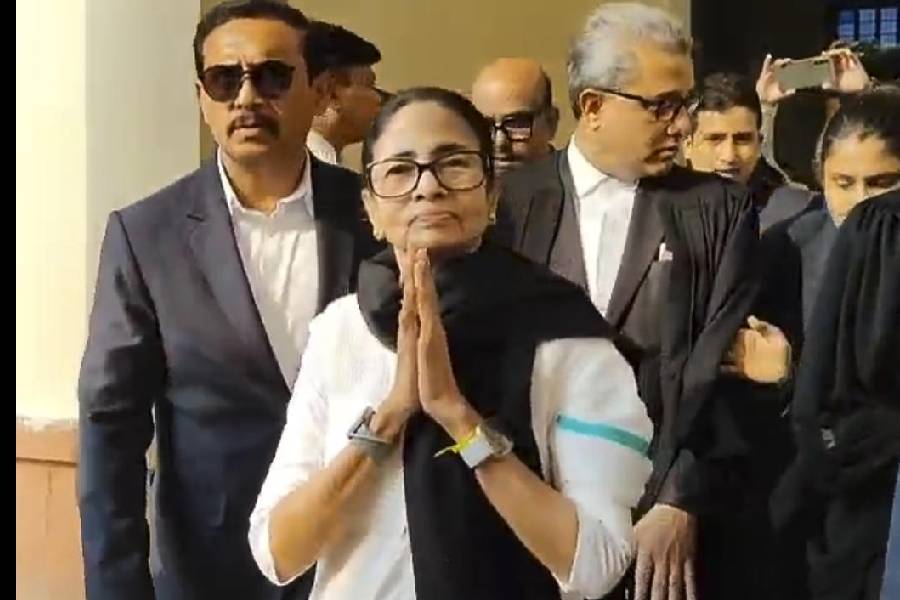
New Delhi: The Joint Entrance Examination (JEE) Main, the undergraduate engineering admission test, will be held as a purely computer-based exam in 2019 with multiple sets of question papers and the topper of each paper will be treated as equal performers with a 100 percentile score.
The new National Testing Agency (NTA), which will hold the exam, will introduce several changes to the test taken by over 11 lakh students every year.
The JEE-Main is the gateway for admission into BTech courses in the National Institutes of Technology (NITs). The top 2.2 lakh scorers are allowed to take the JEE-Advanced examination, the entrance test for admission into the Indian Institutes of Technology (IITs).
The JEE-Main was being conducted by the Central Board of Secondary Education (CBSE) since 2013 in pen-and-paper mode as well as through computers. The test asks questions on mathematics, physics and chemistry.
The NTA will hold the test in two cycles - the first cycle between January 6 and 20, 2019, and the second between April 6 and 20. The test will have multiple sets of question papers. Since each question paper will have different sets of questions, there is a possibility of grievances based on the level of difficulty. The NTA has decided to adopt the percentile system to address possible grievances arising from the differences in difficulty.
The percentile score of a student is obtained by dividing the number of students below him with the number who appeared, the ratio multiplied by 100. The topper of each session will get the same percentile of 100. The marks obtained in between the highest and lowest scores will also converted to appropriate percentiles.
Since there will be several sets of question papers, there will be several 100 percentile scorers. The NTA will work out a merit order by looking at the score in mathematics and then physics. Higher score in mathematics and that in physics will be used as tie-breakers, a NTA official said.
The percentile score will be the normalised score for the examination and it will be used for preparing the merit list. The percentile scores will be calculated up to seven decimal places.
An NTA official said the question sets would follow the same standardisation in terms of setting difficult and easy questions in each paper. The date of the examination would randomly be allotted to the candidate to reduce a possible grievance that students of a particular region were made to appear in a difficult paper.
"This model of normalisation has proved to be successful in selection of students for admission into the All India Institute of Medical Sciences (AIIMS). We examined the AIIMS system and adopted it," the official said.
An IIT Delhi teacher said that the IITs would allow the 2.5 lakh top scorers of the JEE-Main to appear in the JEE-Advanced in 2019. In 2018, 2.2 lakh top scorers were allowed to take the test. "There will be increase in number of BTech seats in all IITs. The JEE-Advanced will allow 2.5 lakh top scorers of the JEE-Main. The NTA's proposed method of normalisation appears to be reliable model for selecting meritorious students," the faculty member said.










